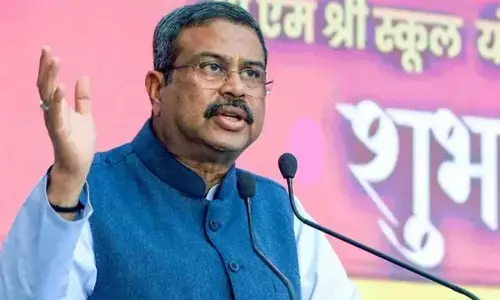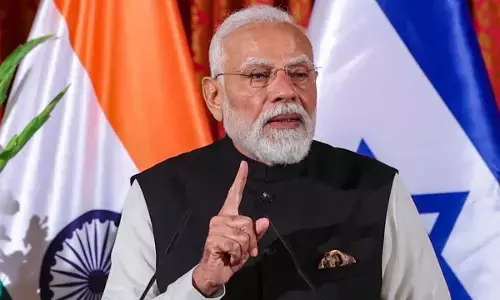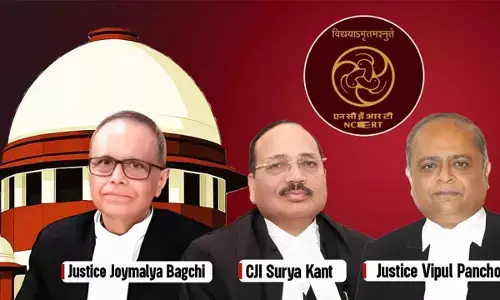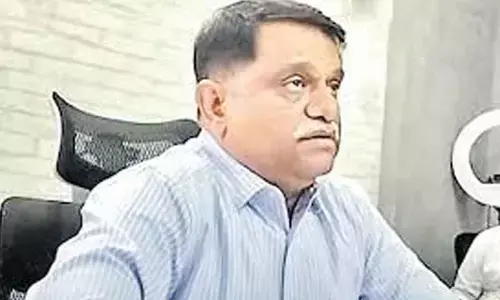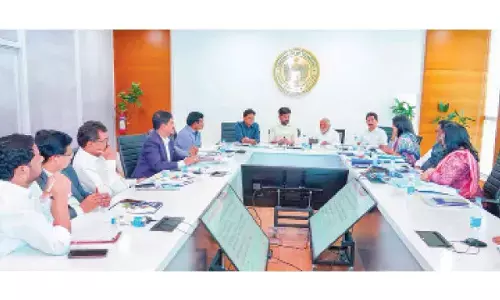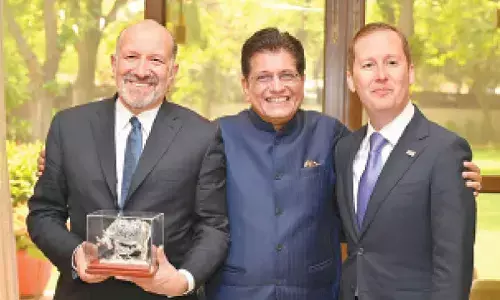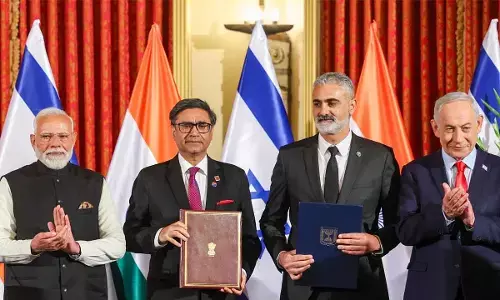Regulate media, don't politicise it further
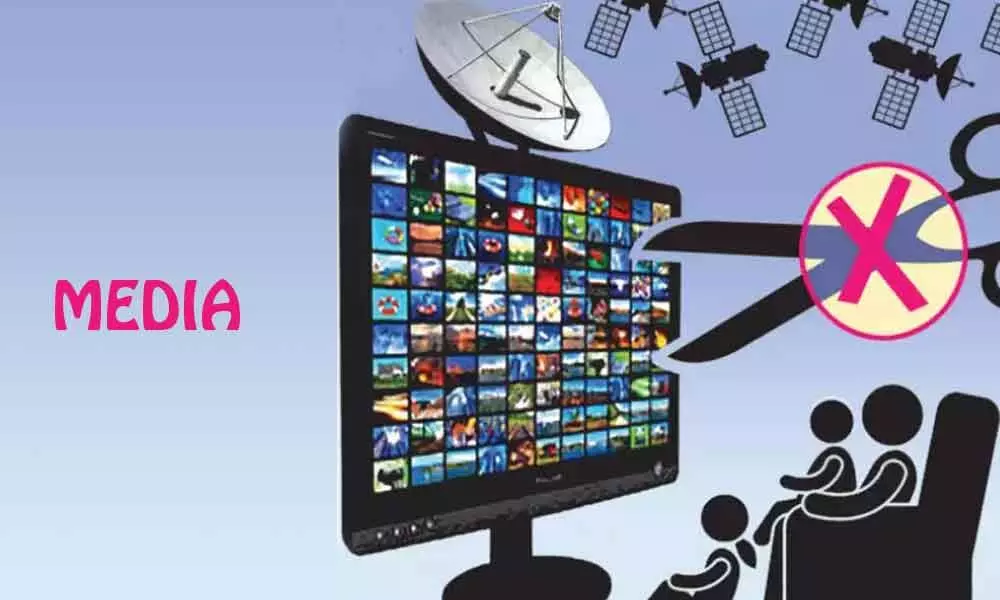
Representational Image
The Parliamentary Standing Committee on Communication and Information Technology on Wednesday recommended setting up of a 'Media Council' with statutory powers to check 'irregularities' in print, electronic and digital platforms.
The Parliamentary Standing Committee on Communication and Information Technology on Wednesday recommended setting up of a 'Media Council' with statutory powers to check 'irregularities' in print, electronic and digital platforms.
Broadly, there are two kinds of media in the country. One is the State- monopolised radio news and the second is the highly concentrated regional newspaper markets that are controlled by a small number of powerful owners, some of whom have strong political affiliations. Some owners are members of political parties even. It is a heady concoction – of politics and the press. Research by reputed organisations has suggested in the past that even though India might appear as an 'overly legislated' country in many ways, media laws relating to the concentration of ownership are fragmented, incoherent and largely ineffective – also because TV ratings remain non-transparent. As a result, regardless of India's size, a small number of companies and conglomerates dominate the country's media landscape. These are some of the key findings of the Media Ownership Monitor (MOM), a research project carried out in India by Reporters Without Borders (RSF) and the Delhi-based digital media company DataLEADS.
There were over 1,18,239 publications registered with the Registrar of Newspapers, which include over 36,000 weekly magazines alone. There are over 550 FM radio stations in the country and, according to the Ministry of Information & Broadcasting, over 880 satellite TV channels, including over 380 which claim to be television channels broadcasting "news and current affairs."
The number of news websites operating in India is simply unfathomable. However, this vast amount of media outlets and the country's cultural and ethnic richness does not automatically translate into a variety in supply. The Media Ownership Monitor indicates rather the opposite – a significant trend towards concentration and, ultimately, control of content and public opinion. Some of the existing laws were adopted over a hundred years ago and continue regulating some aspects of media today, such as the Indian Telegraph Act of 1885, which laid the ground for a government monopoly over the broadcast sector. As a result, and regardless of seeming diversity and plurality of supply, the Indian media landscape is composed of highly concentrated market segments.
In the absence of overarching regulation on media, self-regulatory bodies like BARC, the only entity to measure television audience, caters exclusively to the interests of the industry that they represent. Although other self-regulatory bodies, such as the News Broadcasters Association (NBA) and Indian Broadcasting Foundation (IBF) set the rules and effectively regulate the television market without a mandate to control market concentration, can self-regulation be enough to maintain a healthy media market?
The Parliamentary Committee headed by senior Congress leader Shashi Tharoor expressed concern over fake news too. The Committee called for the Media Commission to look into all the complex issues concerning the media and submit its report to the Committee within six months of its inception. The Committee is right in noting that 'Media' which was once the most trusted weapon in the hands of the citizenry in our democracy is gradually losing its credibility and integrity where values and morality are being compromised despite the existence of a Press Council and the News Broadcasting Standards Authority as their efficacy is limited.


